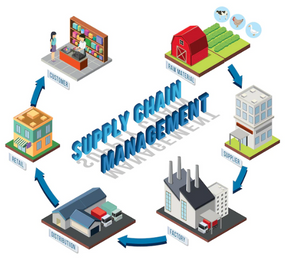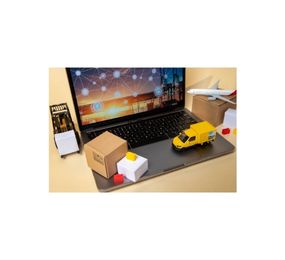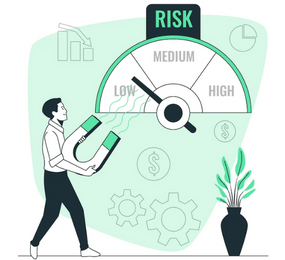Supply Chain Risk Assessment: Tools and Frameworks for Success
In today's volatile global landscape, a robust supply chain risk assessment is no longer optional but a necessity for business continuity and resilience. Identifying potential disruptions, from natural disasters to geopolitical instability and supplier failures, allows organizations to proactively develop mitigation strategies. Several tools and frameworks are available to facilitate this crucial process.
One fundamental framework is the risk management process outlined in ISO 31000. This international standard provides principles and guidelines for establishing, implementing, maintaining, and continually improving a risk management framework. It emphasizes identifying risks, analyzing their likelihood and impact, evaluating them against defined criteria, treating risks through various options, and continuously monitoring and reviewing the entire process.
Specific tools can be employed within this framework. SWOT analysis helps identify internal strengths and weaknesses and external opportunities and threats, including potential supply chain risks. Risk matrices are valuable for visualizing and prioritizing risks based on their probability and impact. Failure Mode and Effects Analysis (FMEA) is a systematic approach to identify potential failure points in the supply chain and assess their potential consequences. Advanced analytics tools, including predictive modeling and simulation software, can forecast potential disruptions and evaluate the impact of various scenarios.
Furthermore, supply chain mapping tools provide a visual representation of the entire network, highlighting critical nodes and dependencies, thus revealing potential vulnerabilities. Regular audits and assessments, including supplier evaluations, help ensure compliance and identify emerging risks.
The key to successful supply chain risk assessment lies in adopting a structured approach, utilizing appropriate tools, and fostering a risk-aware culture across the organization. Continuous monitoring and adaptation of the risk assessment process are crucial to remain resilient in the face of evolving global challenges.
Visit our website to know more: https://www.leadventgrp.com/events/2nd-annual-supply-chain-risk-and-resilience-forum/details
For more information and group participation, contact us: [email protected]
Leadvent Group - Industry Leading Events for Business Leaders!
















